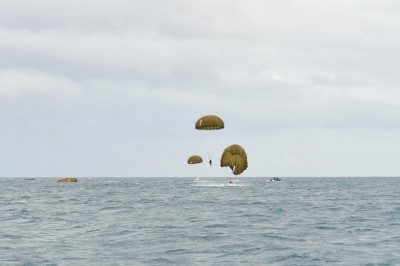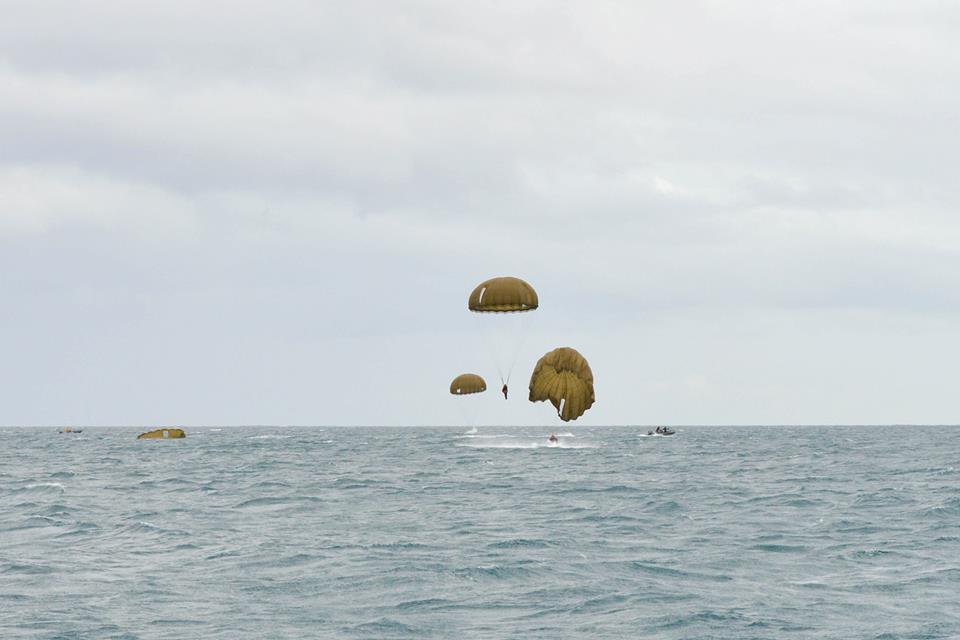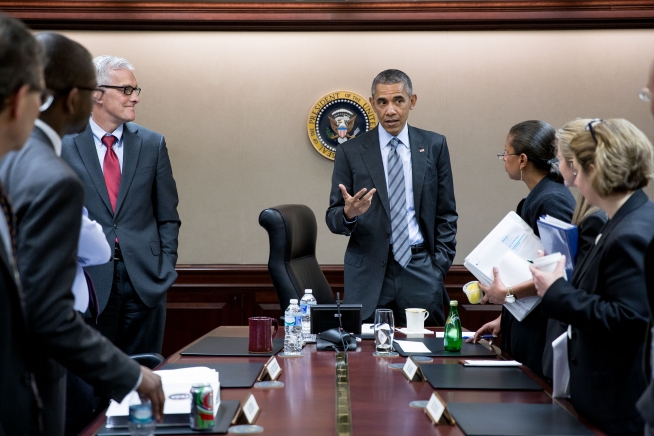Syria: an impasse of conscience

(BRUSSELS2) A parachute jump at sea with no possibility of recovery... This is how we can sum up the possible military action in Syria... To intervene or not to intervene, the question is indeed delicate. And it has rarely been so difficult to decide on the interest, the danger, or not, of a military intervention, so complex is the situation in Syria, the conflict seems inextricable and the consequences of political, military and international explosion. .. uncertain.
Bashar's regime is the bloodiest. It is a fact. And this is nothing new. For the two years that this war has lasted, the consequences have been appalling. The passing of the milestone of 100.000 dead, of one million refugees, seems to have marked a milestone in the capacity for indignation; a certain habit, and weariness, of conflict has set in.
The use of chemical weapons is one more step in this conflict. It is indisputable. It is "unacceptable". It's obvious. The act is a heinous war crime. But this is not the first a priori. The systematic bombardments of civilian populations, hospitals, etc. are equally outrageous, illegal and must provoke an international reaction. There is no distinction between the different war crimes, except their intensity and effectiveness. And all must be punished. That is to say their authors identified and sought. For the moment, this is not yet the case, for any of these crimes.
The equation is there today. There is impunity for criminals. As for the political negotiation, it was very quickly ruled out because Bashar's regime was condemned to leave. Military intervention has long been ruled out, both for reasons of military and domestic political expediency but also because of international blockage (mainly Russian and Chinese, but not only). What to do ? Not intervening seems unbearable. It can be just as destabilizing in the long term for the surrounding countries (Lebanon, Jordan...). Hiding behind the necessary political dialogue to rule out the military solution is a hell of a dose of hypocrisy and demagogy (because we know the springs of the international blockage of such a dialogue). Arming the rebels is risky (a war by proxy)... Acting militarily directly seems just as uncertain and dangerous. And making a limited small strike - from ships - can be counterproductive.
What a goal to strikes. And how far?
Even assuming justified or justifiable and internationally authorized armed intervention, the number of questions that arise is significant: What will be the right dose of intervention? What then would be the purpose of the strikes? And, above all, what will we do next? In Libya, in Kosovo, even if the international legitimacy of the strikes was debatable. But the political and military objective was clear: to destroy the regime and replace it with whoever was at hand. Here, no one really knows if they want to. Officially, and even unofficially, we don't really want Bashar's regime to fall, at least not too quickly, before a truly democratic and not too extremist opposition is able to gain the upper hand and exercise its authority.
Too little or too much
Intervening too little would be a warning shot, not unlike the whistle of a police officer at a crossroads cluttered with various noises. He would perceive an almost green light to the use of other weapons (massacre without too "visible" weapons). To intervene a little too much would be to take the risk of internationalizing the conflict and making the regime appear as a "resister" to the Western order, which it seeks above all to prove. In both cases the regime could come out a winner. It is not close to 2000 dead. Especially if he knows that the destroyed materials will be quickly replaced. We must therefore find a middle way, that is to say methodically destroy certain Syrian military bases to breathe new life into the opposition. Even if this is not quite the objective officially announced...
The responsibility to protect and the right to interfere reach their limits here, as does the ability to be indignant or to condemn. Syria is in fact today not only a political, even military, impasse, but also an impasse for our conscience. And we can honestly simply admit that we don't have a definite opinion on the matter...



Comments closed.